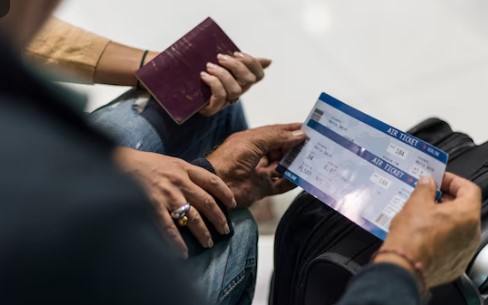The government’s main cybercrime agency has issued a warning to the public regarding online scams targeting tourists and travelers in the coming Holy Week break.
The Cybercrime Investigation and Coordinating Center (CICC) has identified several scams that the public should be vigilant about, including fake accommodations, where villas, apartments, or seemingly legitimate hotel rooms that are advertised at “unbelievably low rates” but are non-existent.
The CICC also advised travelers and tourists to book accommodations with reputable agencies or websites, verify reviews, and to speak directly with the owner or hotel and not rely heavily on social media platforms.
Furthermore, the CICC also advised the public to watch out for malicious public Wi-Fis that steal personal information, too-good-to-be-true deals, “free vacation” scams, fake travel agents, overpriced tours, charity scams, lost luggage sold on Facebook, fake SIM cards and cheap airline tickets sold on social media.
In a press conference, CICC executive director Alexander Ramos said: “Several government agencies in the cybercrime, law enforcement, transportation and tourism sectors are working together to increase the presence of their personnel to safeguard tourists and travelers during the season.
However, Ramos said there is a need for the public to recognize scams and other criminal activities to safeguard themselves.
Aside from online scams, the CICC also said travelers must be wary against counterfeit cash, hidden closed circuit television (CCTV) cameras in accommodations, taxis that do not have a meter and would instead charge excessive fees, and fixers of any kind.
In addition to being aware of these scams, Ramos said the public should always try and verify who they are dealing with, especially with online transactions.
The information campaign, he said, will be rolled out in bus stations, seaports, trains, airports, and other transportation and tourism hubs through the help of the Department of Transportation (DOTr), the Department of Tourism, and the Philippine National Police.
Ramos also called on the public to report travel scams to CICC’s 1326 hotline, or to reach out to the DOTr for any travel concerns through its commuter hotline at 0920 964 3687.




